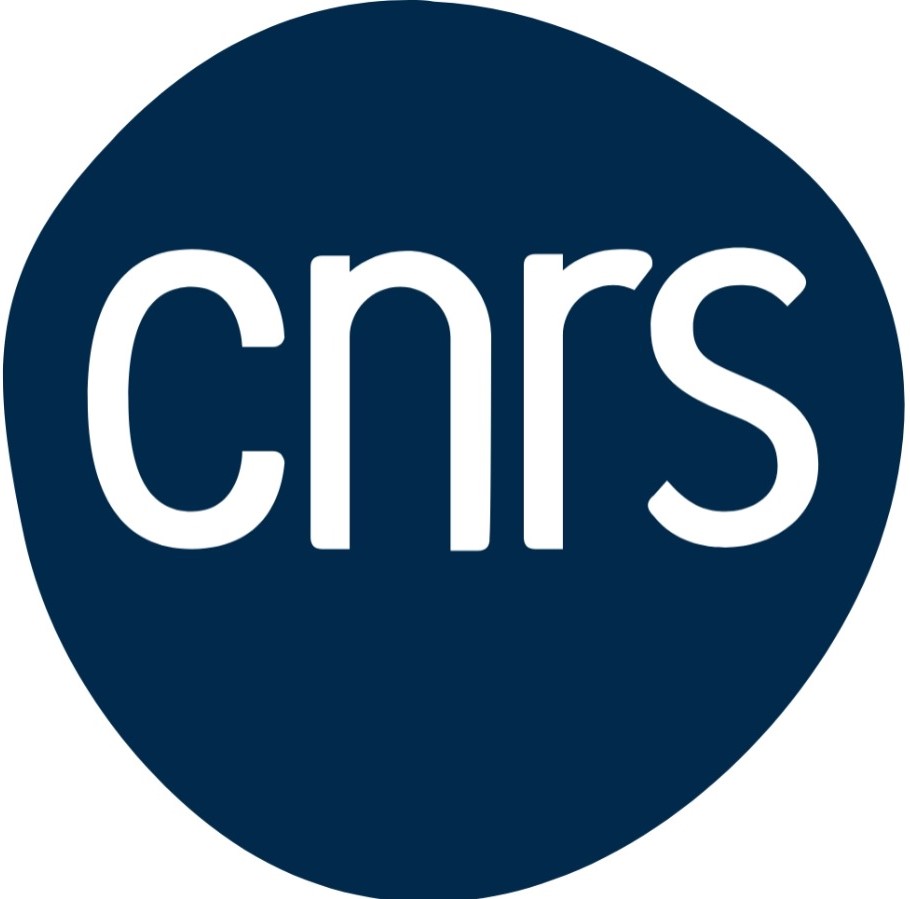GREDEG
Le projet scientifique du GREDEG s’intitule « Nouveaux paradigmes technologiques et risques sociétaux : ruptures, résiliences et développement durable ». Les nouveaux paradigmes technologiques deviennent un objet de recherche important en sciences sociales. Parmi eux, l’intelligence artificielle, la blockchain, le big data, l’ARN messager, l’énergie intelligente, etc., ouvrent à la fois à des progrès et à des risques majeurs : ces innovations technologiques constituent à ce titre des ruptures qu’il s’agit de questionner, mais aussi des résiliences qu’il faut analyser, en s’inscrivant dans une perspective de développement durable.
L'examen par une seule discipline de ces nouveaux paradigmes technologiques et des risques sociétaux qui y sont reliés n'est pas suffisant pour comprendre toute la gamme des implications complexes qu’ils peuvent avoir pour les sociétés modernes. Cela peut compromettre l'efficacité des mesures mises en place pour limiter les ruptures, accroître les résiliences et tendre vers un développement durable. Ce constat motive le développement de nouvelles approches qui combinent plusieurs disciplines, et qui prennent en compte la nature systémique des problèmes auxquels les sociétés modernes sont confrontées.
Contact
Collection Manager and Referent Publications : Mai-Anh Ngo
Le GREDEG comprend 4 pôles. Les publications seront rattachées à ces différents pôles.
The Pole Norms, Competition and Regulation (PNCR) develops research encompassing the analysis of the structure of markets (anti-competitive practices, public aids and merger control), the regulation of industries (economic impacts of regulation in several sectors), and the renewal of all disciplines of law related to the implementation of these changes.
The Pole Innovation, Science and Technology (PIST) brings together research relating to innovation traditionally conceived as technological breakthroughs and identified on the basis of indicators (R&D, patents). It also focuses on collective and processual innovation observed within organizations and societies. Last, the generation of new working practices or organizational forms like the digital nomads, algorithmic management or distributed companies are also in the scope of research. Research in the PCIM considers innovation as an endogenous phenomenon and focuses on the understanding of what makes innovation, who creates innovation (academic researchers, micro-enterprises, SMEs, large companies), where it is created (urban or rural environment, at regional, national or international level), and what collaborations and institutions contribute to its emergence (partners, competitors, governments).
The Pole Growth, Industry and Markets (PCIM) encompasses research on economic growth, with a special focus on green and inclusive growth, as well as research on the micro and macro dynamics that characterize industries and markets in the short and in long run. These research questions include the analysis of the processes of business creation and growth, of structural change processes and, more general, of how microeconomic phenomena can influence the dynamics at more aggregate levels.
The Pole History of Ideas, Cognition and Complexity (PHICC) brings together research focusing on recent developments in economic analysis. Two complementary perspectives are implemented. The first one encompasses recent history of economic ideas, as well as epistemology and economic philosophy, and how these fields are combined in view of a better understanding of how modern economic theory evolves, including the emergence of new concepts and methods. The second one addresses the concept of cognition and the complexity of modern economies, building on mathematical formalizations and experimental economics.





